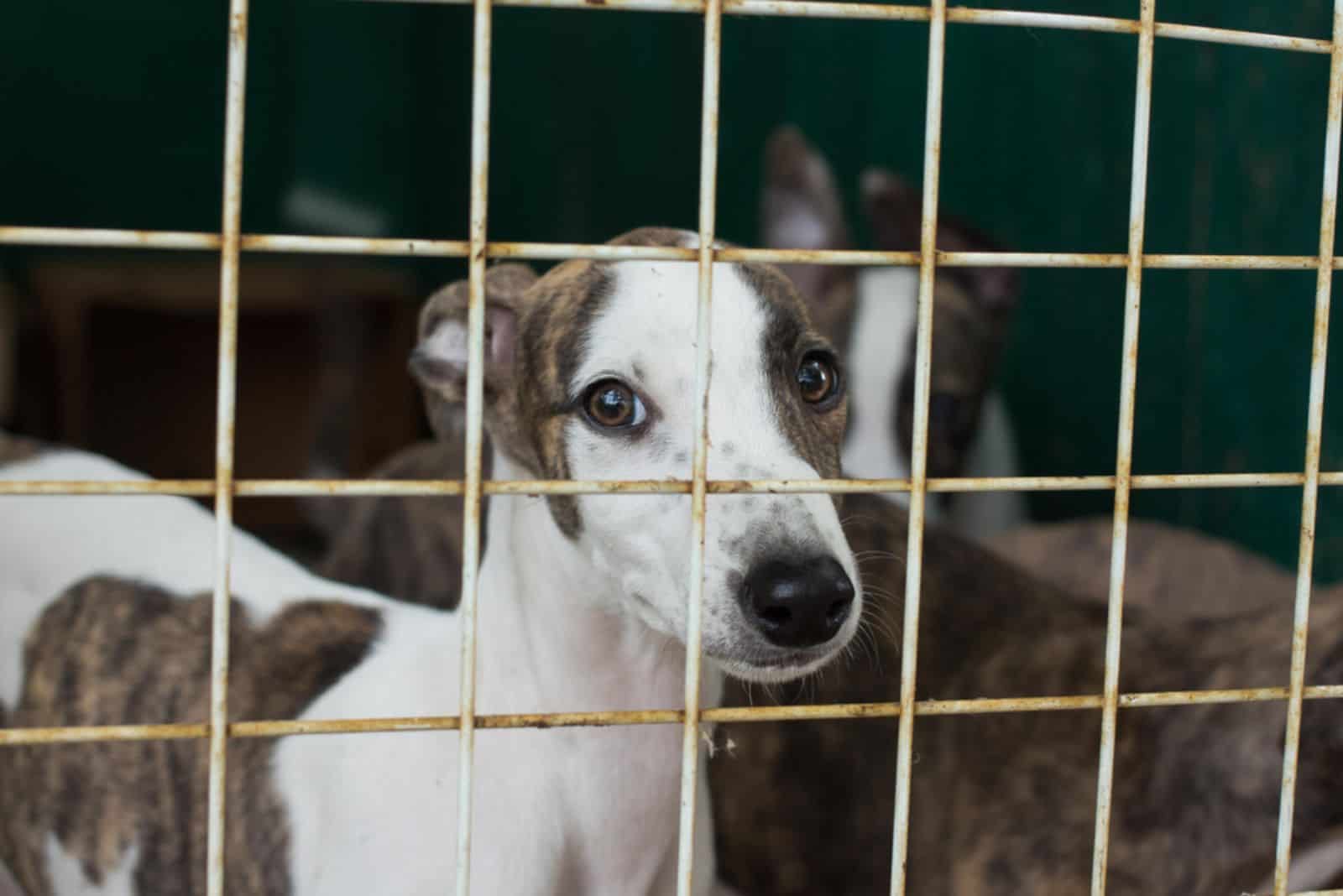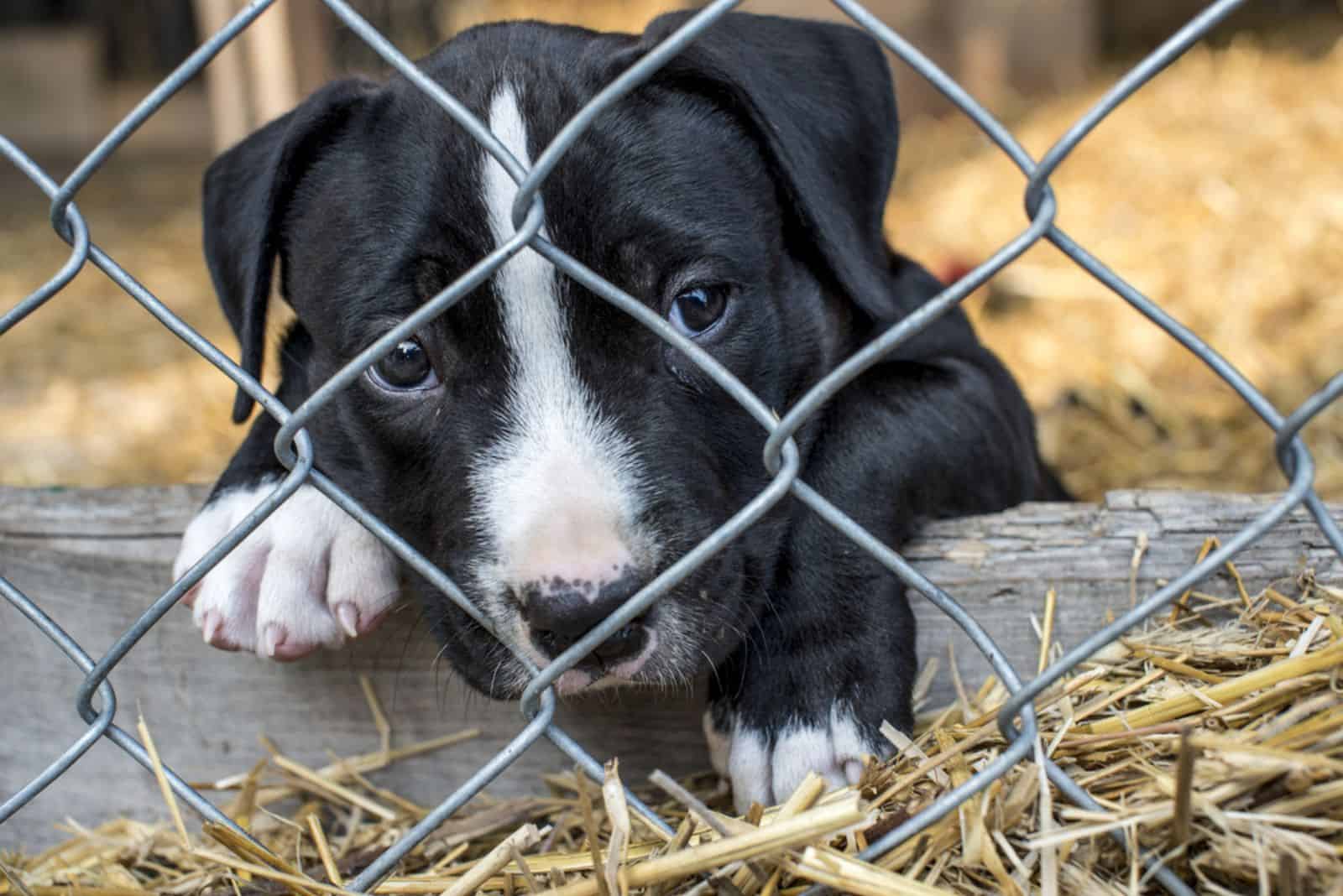There are thousands of dogs that currently live in inhumane conditions in puppy mills all over the United States. The commercial sale of pets takes place in almost every state, denying the dogs the minimum quality of life and treating the mother dogs as breeding machines.
Irresponsible pet stores often collaborate with high-scale breeders that don’t meet the criteria proposed by the AKC or national clubs, which further leads to treating puppies as mere products sold at pet stores all over the country.
However, thanks to local animal welfare organizations and activists, more and more U.S. cities are joining the growing list of places that ban selling pets in commercial stores.
We have some great news coming from Texas these days! The city council of Dallas has recently passed the decision to ban the selling of cats and dogs in pet stores.
Dallas Joins The List Of Over 400 U.S. Cities

With Dallas in, the list of cities that ban the commercial selling of pets is becoming bigger every day! To this day, over 400 cities across the U.S. have banned the sale of pets in pet stores due to inhumane conditions these animals are living in.
According to the Dallas Humane Pet Store Ordinance, there’s more than one benefit to this decision. First and foremost, the decision will stop hundreds of infant puppies from being trucked into the city each year from unreliable puppy mills.
Furthermore, consumers will be protected from deceptive sales and won’t be getting sick and untested puppies any longer. Also, with this act, animal services that operate on the basis of protecting street animals will be supported to a greater amount.
With this decision, the stigma about rescue dogs will be significantly reduced. Therefore, helping numerous non-profit shelters to find forever homes for their cats and dogs will be easier.
The act will go into effect in November, which gives enough time for local pet stores selling cats and dogs as pets to adapt and transform their businesses.
California Became The First State To Do So

According to the San Francisco SPCA, California became the first U.S. state to ban the sale of dogs, rabbits, and cats that come from commercial breeders.
The decision was signed in 2017 by Governor Brown, and it also includes the encouragement of partnership with local rescues that promote the adoption of homeless animals.
This was quite a revolutionary movement for the United States, as it started the snowballing process of banning the commercial sale of pets all over the country.
With California ahead, other localities, including Maryland, New York, Illinois, and others in over 30 states have done the same.
According to the ASPCA, this movement is important for ending puppy mill cruelty, as dogs that live under those conditions are denied access to vet care, proper dieting, fresh air, regular baths, and even protection from the cold.
Inhumane Breeding Facilities All Over The U.S.

Even though shutting down the pipeline is in the process, there are still numerous puppy mills that breed puppies in inhumane conditions.
Petland, the biggest pet store chain in the U.S., sells puppies that come from unreliable breeders, deceiving their customers and providing them with puppies that initially come with certain health issues, according to the Humane Society of the United States.
Canines bred in such facilities are faced with horrible conditions, including lack of vet support, inconsistent and poor dieting, lack of socialization and proper puppy education, unsanitary conditions and filthy cages, etc.
Supporting Animal Welfare Groups

None of this would even be possible without the initiative taken by local animal lovers!
People who voluntarily work in shelters, rescues, and other animal welfare groups are the main reason why the decision to ban the commercial sale of puppies was made in the first place.
It took a lot of dedication, research, and constant work to prove that puppies bought from pet stores indeed live in horrible conditions, and that they’re the victims of profit-oriented business conducted by people who don’t care about their well-being whatsoever.
We can’t neglect the volunteer work of hundreds of veterinarians either. Vets who decided to work pro-bono in the interest of promoting shelter dogs over commercially-sold pets at pet stores are true heroes who deserve an honorary mention.
The ban will also help thousands of animal facilities find homes for their dogs, helping them get what they truly deserve. Nothing can even remotely compare to seeing a shelter dog transform into a beautiful family pet in a new home. And, isn’t that what we all want?















